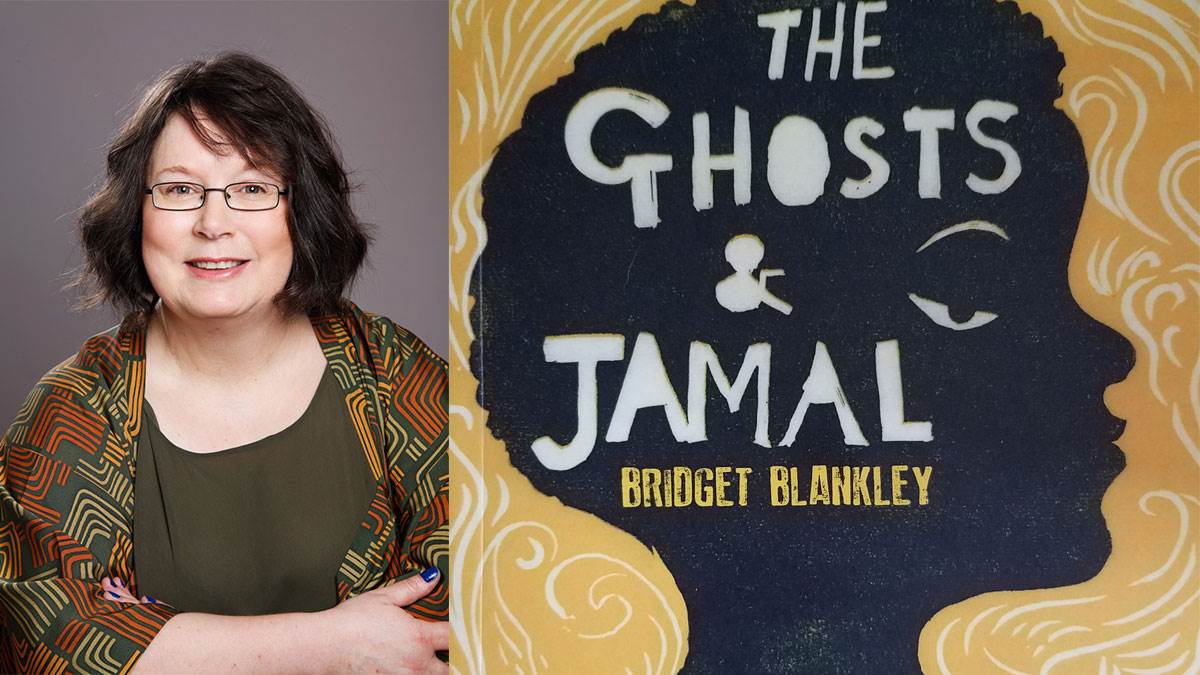Writing about seizures: 'I hope it’s not epilepsy that defines Jamal, but his determination'
Published on: 30 June 2018 Author: Alex Strick
Bridget Blankley gives us a fascinating insight into her decision to include a character with epilepsy – and her goal to make it convincing.

Read our review of Bridget Blankey's book, The Ghosts & Jamal
I didn’t set out to write a book about epilepsy, it just sort of happened.
I wanted to write about being an outsider, about trying to make sense of what’s happening in life. I think we all feel like that sometimes, a bit confused, a bit out of our depth. I wanted Jamal to be a character that readers could relate to. I wanted his reactions to be familiar, even if his situation isn’t.
'I read everything I could'
When I decided that Jamal would survive the gas attack that killed his family, I needed to find a reason for him to be living outside the family compound. That’s when I decided that Jamal would have epilepsy. I knew a little about the condition, I’d worked with some people who had epilepsy and when we lived in Nigeria our gardener had the condition, so I was aware of the risk of social isolation in rural communities.
Of course, my knowledge was very out of date, so I had to do a lot of research as well. I read everything I could on the subject from World Health Organization reports to newspaper articles; anything to help me understand how other people would view Jamal’s condition.
Fortunately, I have Asperger’s, so I am happy to spend time researching things that interest me. In fact, once I started fact-checking, I got so carried away that I missed the first deadline for completing the manuscript.
Smell of cinnamon before a seizure
All that research helped me to see Jamal’s seizures from the outside, but I wanted more than that. I didn’t want readers to be spectators, I wanted them to feel what Jamal was feeling. Then a friend told me that she smelt carnations before she had a seizure – that was a real breakthrough. I didn’t think that Jamal would know what carnations smelt like, so I used cinnamon instead.
To be honest, I spent a lot of time researching all of the book, not just Jamal’s illness. I brought recipe books to check that I had remembered the names of the food and not just the taste. I got maps to check out the locations and newspaper articles about the dangers of rubbish picking. I imagined the story, but I wanted to make it believable.
Not a book about illness
Although Jamal’s condition is an important part of the story I don’t think of it as book about an illness. I think it’s a book about a boy struggling to make sense of a confusing world, and who would, ultimately, overcome all the challenges that are put in his way.
I hope it’s not epilepsy that defines Jamal, but his determination.
Find out more about Bookmark: our focus on books and disability
Topics: Around the world, Bookmark, Disability, Interview, Features






Add a comment